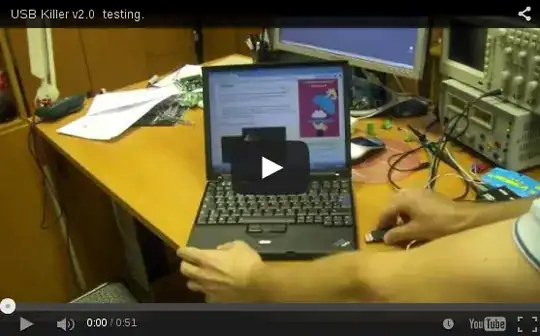Suppose someone wants me to copy some files to their USB stick. I'm running fully-patched Windows 7 x64 with AutoRun disabled (via Group Policy). I insert the USB drive, open it in Windows Explorer and copy some files to it. I do not run or view any of the existing files. What bad things could happen if I do this?
What about if I do this in Linux (say, Ubuntu)?
Please note that I'm looking for details of specific risks (if any), not "it would be safer if you don't do this".

